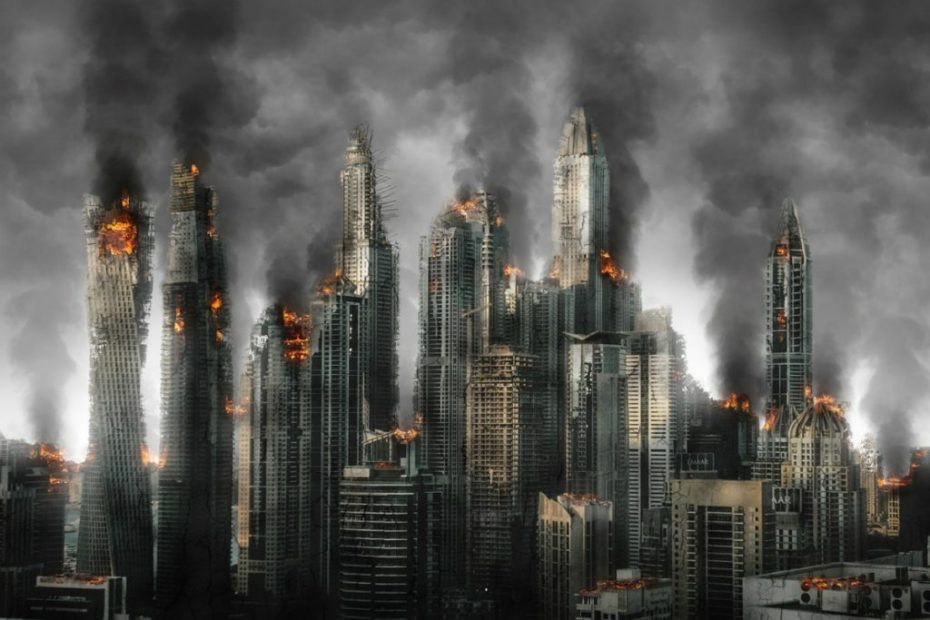Salmos 71:1
“O SENHOR é a minha LUZ e a minha SALVAÇÃO; a quem temerei? O SENHOR é a FORÇA da minha vida; De quem me recearei?”
Muitas pessoas se preocupam com um alerta aos judeus, dado por Cristo sobre a destruição de Jerusalém, onde ele orienta a se refugiarem nos montes e, por esse motivo, muitos cristãos estão se refugiando em localidades longe dos grandes centros urbanos temendo os próximos acontecimentos que o mundo reserva.
É preciso entender que aquele alerta foi direcionado aos judeus para a ocasião da destruição da cidade de Jerusalém que ocorreu no ano 70 depois de Cristo. As assolações que virão sobre o mundo em nossos tempos em nada tem a ver com o que aconteceu naquela época, pois não haverá aonde se refugiar a não ser em Deus, o único que pode nos guardar nos tempos do fim.
